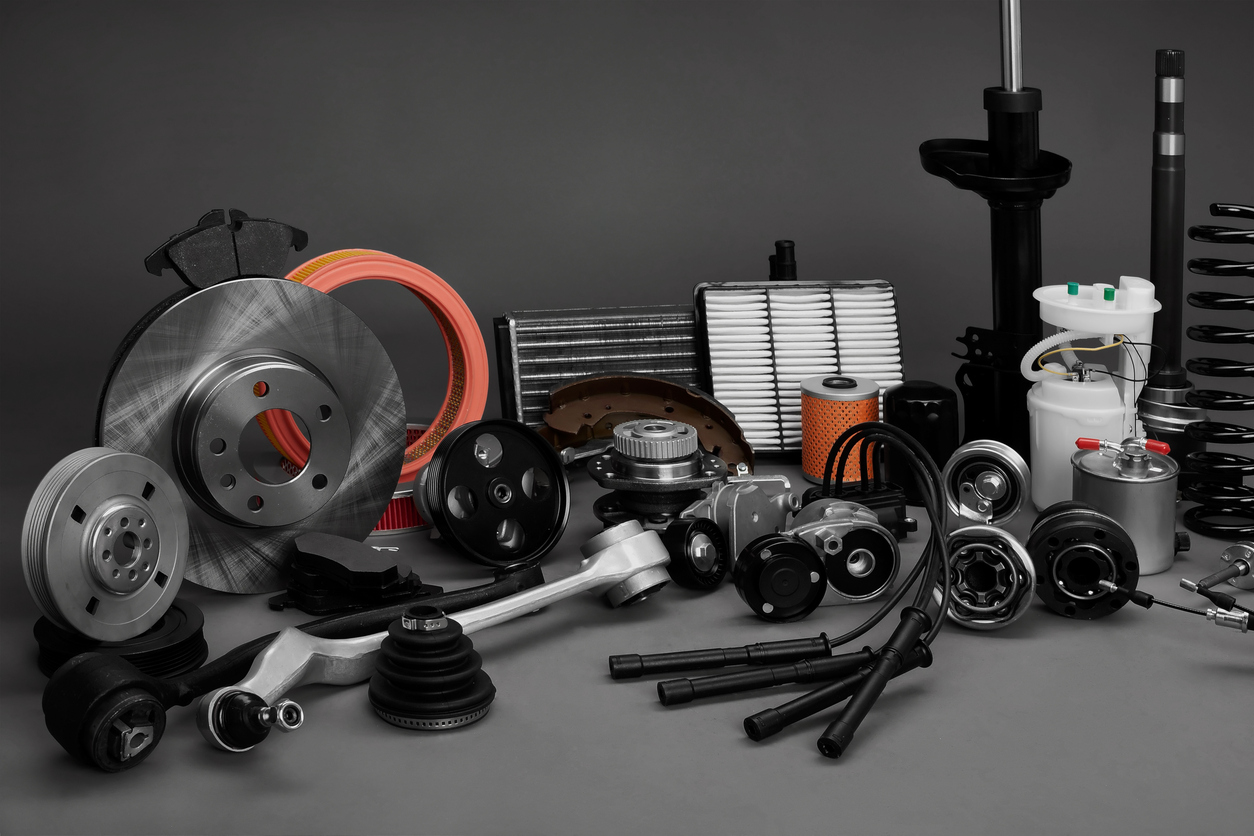Motor Parts: Essential Components for Vehicle Performance and Maintenance
Motor parts are the building blocks of any vehicle, playing a crucial role in ensuring its performance, reliability, and longevity. Whether you own a car, motorcycle, or truck, understanding the different motor parts and their functions can help you maintain your vehicle more effectively and make informed decisions when repairs or replacements are needed. This article provides an overview of key motor parts, their functions, and tips for sourcing quality components in Nigeria.
Key Motor Parts and Their Functions
A motor vehicle comprises numerous parts, each with a specific role in the vehicle’s operation. Here are some of the essential motor parts:
1. Engine
- Function: The engine is the heart of the vehicle, converting fuel into mechanical energy that powers the vehicle. It consists of various components, including pistons, cylinders, and crankshafts, which work together to produce power.
- Common Issues: Engine problems can arise from wear and tear, lack of maintenance, or poor-quality fuel, leading to reduced performance or complete engine failure.
2. Transmission
- Function: The transmission system transfers power from the engine to the wheels, allowing the vehicle to move at different speeds. It includes the gearbox, clutch, and differential.
- Common Issues: Transmission problems can result in difficulty shifting gears, slipping, or even transmission failure, often due to fluid leaks or worn components.
3. Alternator
- Function: The alternator generates electrical power to recharge the vehicle’s battery and power the electrical systems while the engine is running.
- Common Issues: A failing alternator can lead to a dead battery, dimming lights, or electrical system malfunctions.
4. Starter Motor
- Function: The starter motor is responsible for turning over the engine when you start the vehicle. It draws power from the battery to initiate the engine’s operation.
- Common Issues: A faulty starter motor can prevent the engine from starting, often indicated by a clicking sound when turning the ignition.
5. Radiator
- Function: The radiator cools the engine by dissipating heat from the coolant that circulates through the engine. It prevents the engine from overheating.
- Common Issues: Radiator problems can lead to engine overheating, often due to leaks, clogs, or a failing thermostat.
6. Fuel Pump
- Function: The fuel pump delivers fuel from the tank to the engine at the correct pressure, ensuring efficient combustion and engine performance.
- Common Issues: A failing fuel pump can cause the engine to sputter, lose power, or fail to start.
7. Exhaust System
- Function: The exhaust system channels exhaust gases away from the engine, reducing noise, and controlling emissions. It includes the exhaust manifold, catalytic converter, and muffler.
- Common Issues: Exhaust system problems can lead to increased noise, reduced fuel efficiency, and higher emissions, often due to leaks or blockages.
8. Braking System
- Function: The braking system allows the vehicle to slow down or stop. It includes brake pads, rotors, calipers, and brake fluid.
- Common Issues: Worn brake pads, low brake fluid, or damaged rotors can lead to reduced braking efficiency and increased stopping distances.
Tips for Sourcing Quality Motor Parts in Nigeria
1. Buy from Reputable Dealers
- Authorized Dealers: Purchase motor parts from authorized dealers or reputable suppliers to ensure you are getting genuine, high-quality components.
- Warranties and Guarantees: Choose parts that come with warranties or guarantees, providing peace of mind and protection against defects.
2. Consider OEM vs. Aftermarket Parts
- OEM Parts: Original Equipment Manufacturer (OEM) parts are made by the vehicle’s manufacturer and are often more expensive but provide a perfect fit and reliable performance.
- Aftermarket Parts: Aftermarket parts are produced by third-party manufacturers and can be more affordable. However, it’s important to choose high-quality aftermarket parts that meet industry standards.
3. Verify Compatibility
- Check Specifications: Ensure that the motor parts you are purchasing are compatible with your specific vehicle make and model. Using incompatible parts can lead to poor performance or damage.
- Consult Experts: If you’re unsure about compatibility, consult with a mechanic or parts specialist to verify that the parts will work with your vehicle.
4. Regular Maintenance
- Preventive Care: Regular vehicle maintenance, including timely replacement of worn or faulty parts, can prevent major issues and extend the life of your vehicle.
- Service Records: Keep detailed records of all maintenance and part replacements, which can help in diagnosing future issues and maintaining the vehicle’s value.
Conclusion
Understanding the key motor parts of your vehicle and how they function is essential for maintaining its performance and reliability. By sourcing quality parts from reputable dealers and ensuring proper fit and compatibility, you can keep your vehicle running smoothly and efficiently.
At Wigmore Trading, we offer a wide range of high-quality motor parts to meet the needs of different vehicles. Our team of experts is here to help you find the right components for your vehicle, ensuring long-lasting performance and peace of mind.
Get in Touch:
Need motor parts for your vehicle? Contact Wigmore Trading for expert advice and a wide selection of quality components. Visit our website, email, or call us to explore our range of motor parts and find the perfect fit for your vehicle.








Comments are closed.